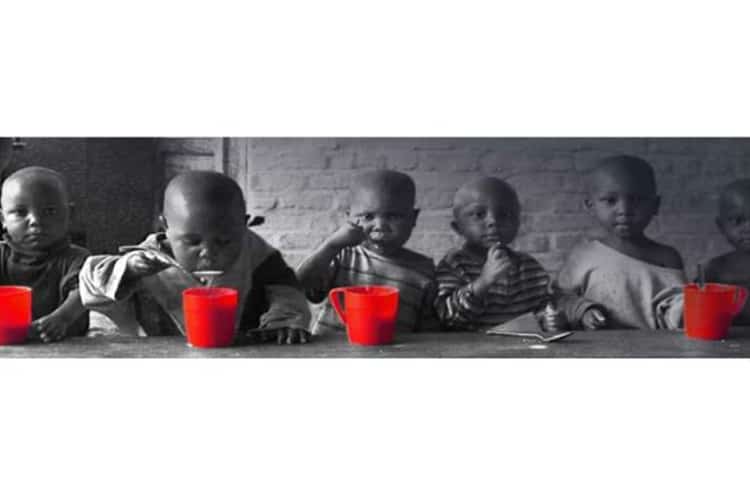The economic fallout of the COVID-19 pandemic could push up to 86 million more children into household poverty by the end of 2020, an increase of 15%, according to a new analysis released today by Save the Children and UNICEF.
Details of the Report
The analysis highlights that, without urgent action to protect families from the financial hardships caused by the pandemic, the total number of children living below the national poverty line in low- and middle-income countries could reach 672 million by year-end. Nearly two-thirds of these children live in sub-Saharan Africa and South Asia.
The impact of the global economic crisis caused by the pandemic and related containment policies is two-fold. Immediate loss of income means families are less able to afford the basics, including food and water, less likely to access health care or education, and more at risk of child marriage, violence, exploitation and abuse.
Hundreds of millions of children remain multidimensionally poor – meaning they lack access to health care, education, proper nutrition, or adequate housing – often a reflection of inequitable investments by governments in social services.
About UNICEF
The United Nations Children’s Fund is a United Nations agency responsible for providing humanitarian and developmental aid to children worldwide. Based in U.N. headquarters in New York City, it is among the most widespread and recognizable social welfare organizations in the world, with a presence in 192 countries and territories. UNICEF’s activities include immunizations and disease prevention, administering treatment for children and mothers with HIV, enhancing childhood and maternal nutrition, improving sanitation, promoting education, and providing emergency relief in response to disasters.
















